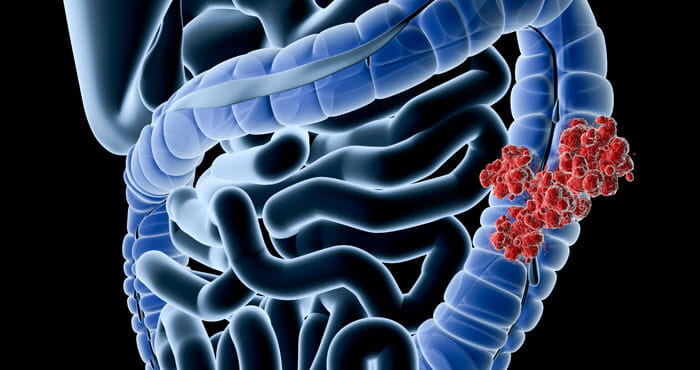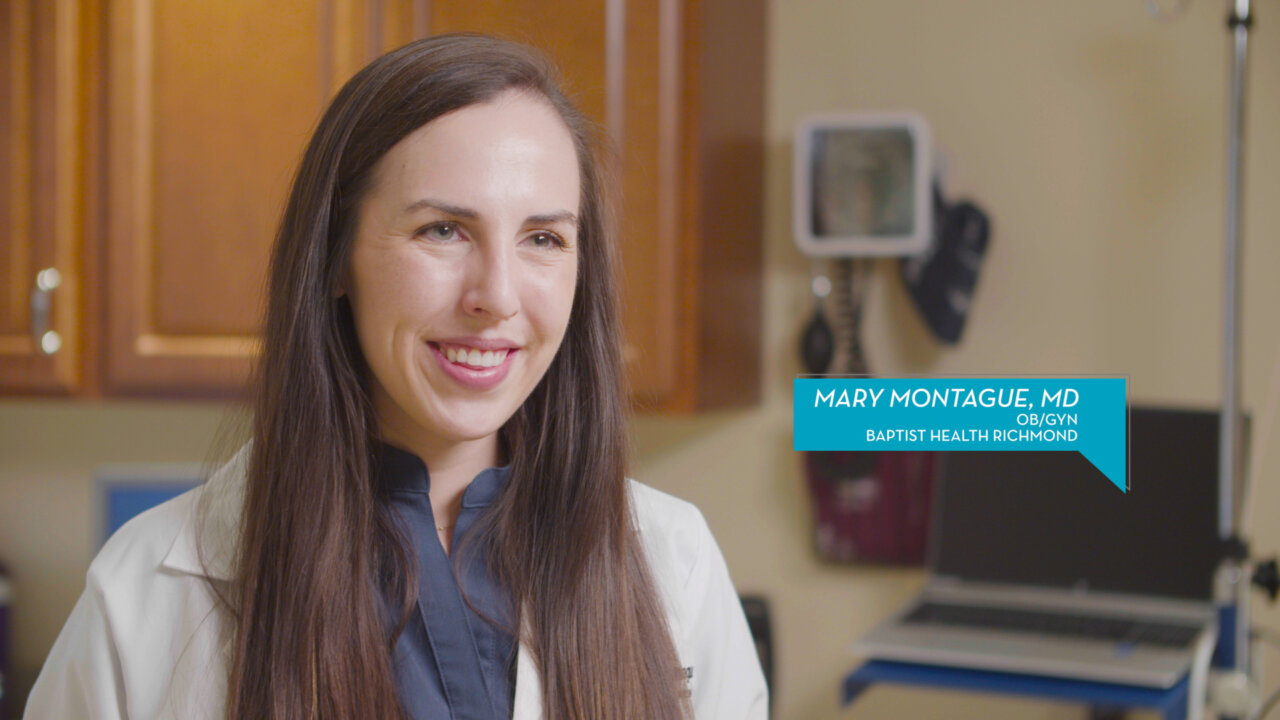Warning Signs of Colon Cancer

Colorectal cancer is the third-leading cause of cancer deaths in American women and is the second-most fatal cancer in American men.
Common Colon Cancer Symptoms
Unfortunately, colorectal cancer doesn’t often have early warning signs. When and if symptoms do appear, they may vary based on the location and size of the tumor. That said, the most common colon cancer symptoms include:
- Blood in the stool
- Weakness and fatigue
- Unintended weight loss
- Bleeding from the rectum
- Persistent cramps, gas or abdominal pain
- Change in bowel habits that lasts more than a few days
If you do experience any of these symptoms, talk with your doctor.
Because early signs of colon cancer aren’t always evident, screening tests for colorectal cancer are important. Typically, doctors begin screening patients for colon cancer at age 45. For patients who have other risk factors, such as family history of colorectal cancer, screenings may begin earlier in life.
Tests For Colon Cancer
If you’re experiencing any signs of colorectal cancer, as mentioned above, or if you have any risk factors (including obesity, physical inactivity, a high-fat/low-fiber diet, advanced age, inflammatory bowel disease, diabetes or family history), your doctor may recommend you get screened for colon cancer. Multiple types of tests for colorectal cancer exist; these are some of the most common.
Physical Exam
During a physical exam, your doctor will feel for masses or enlarged organs by pressing on your abdomen. He or she may perform a rectal exam to feel for abnormalities inside the anus. Your stool may also be tested for traces of blood that aren’t visible.
Blood Tests
Certain blood tests can help ascertain whether or not a patient has colon cancer. Blood tests may also be used during the course of treatment to determine how effective a given treatment is or has been.
Colonoscopy
A colonoscopy allows your doctor to inspect the entire length of the colon and rectum, using a thin, flexible, lighted tube fitted with a small video camera.
Biopsy
Should the doctor find anything suspicious during a colonoscopy, special instruments can be fed through the camera probe to remove the abnormal tissue and test it for colon cancer.
Imaging Tests
Your doctor may use any number of imaging tests to look for colorectal cancer, including CT scan, ultrasound, MRI scan, X-ray, PET scan or angiography.
The only way to know for certain if you have colon cancer is to see a doctor. Don’t put off your cancer screening — the earlier you catch colon cancer, the better your prognosis is likely to be. The risk of colorectal cancer increases dramatically with age. Take our colorectal cancer risk assessment to estimate your personal risk of developing colon and rectal cancer.



